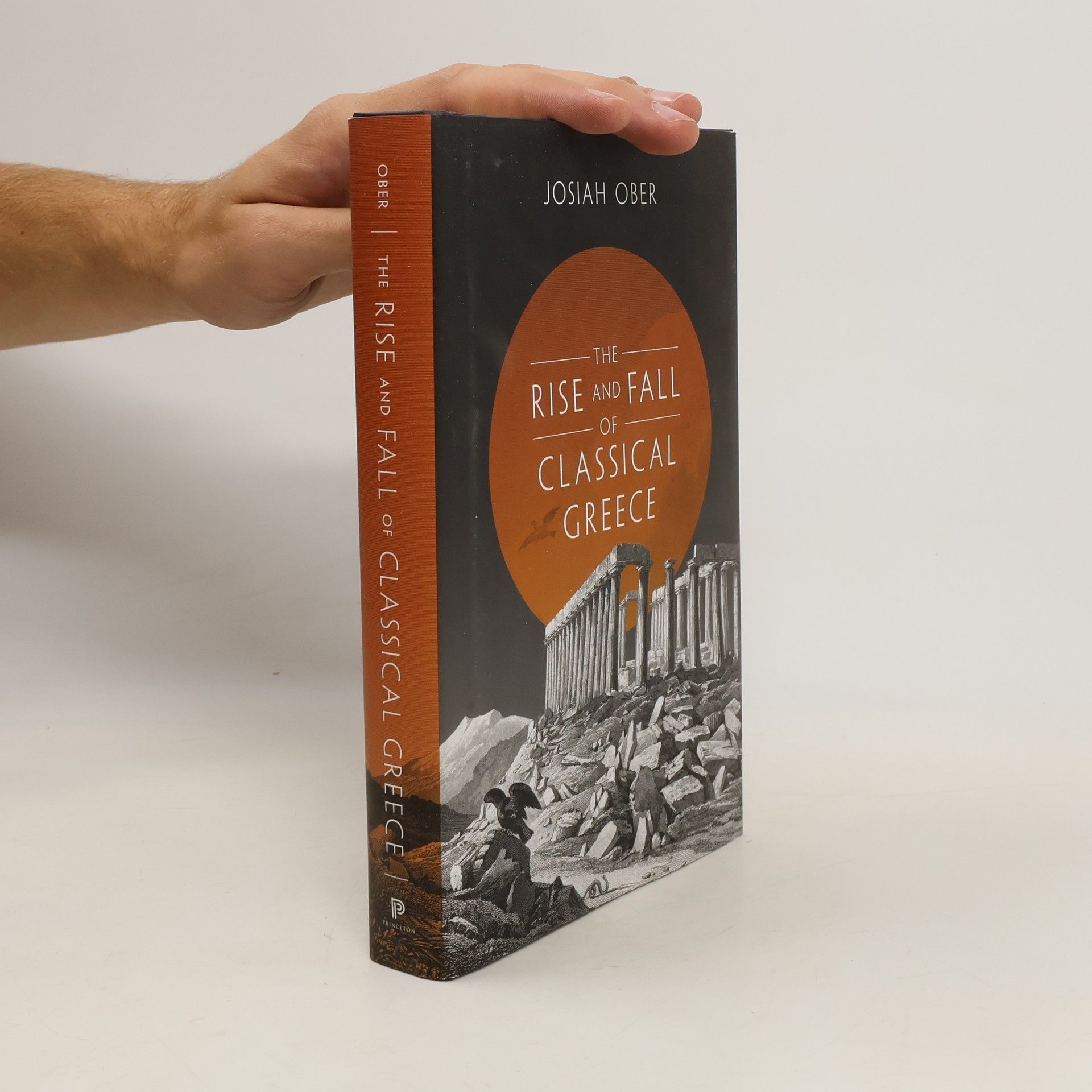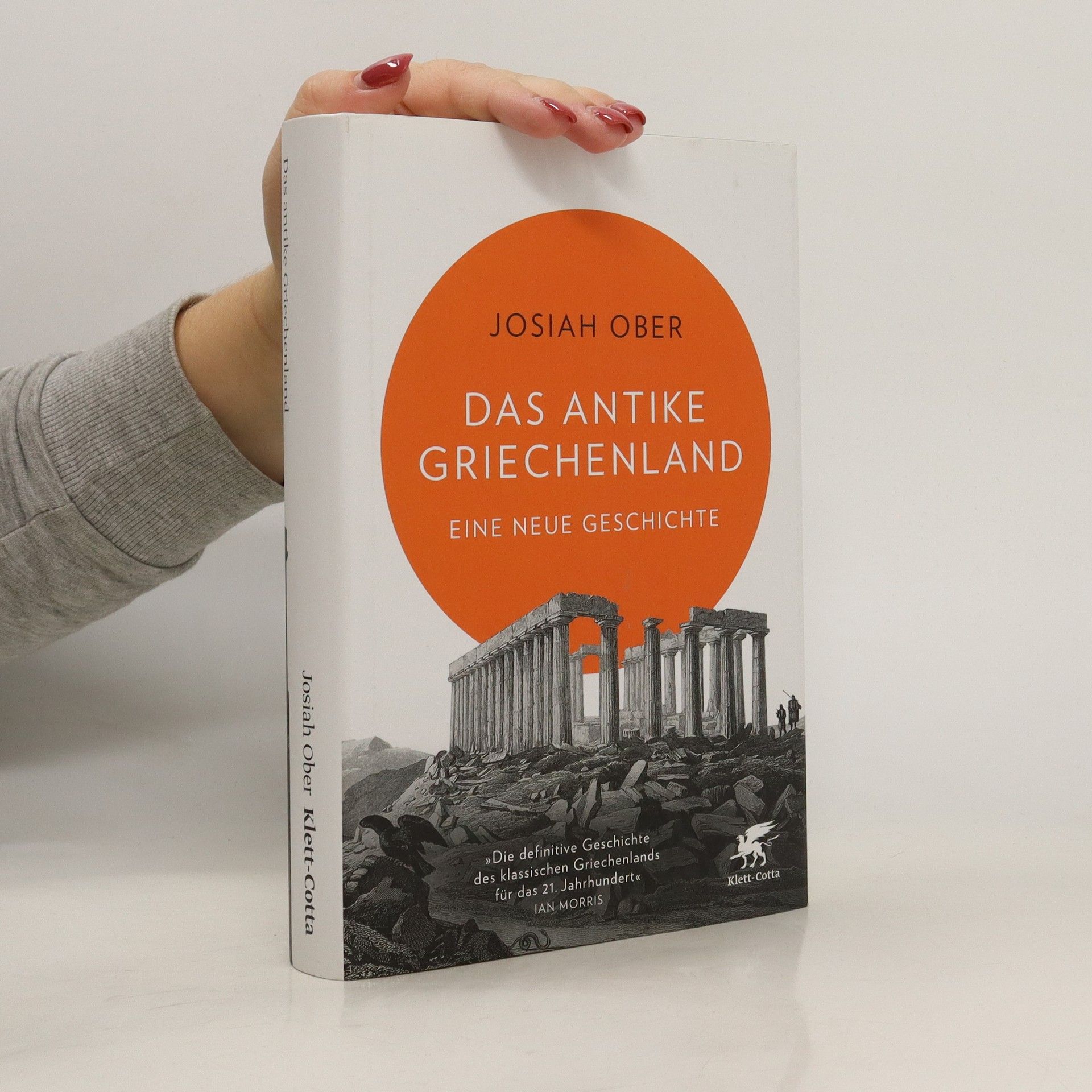Das antike Griechenland
Eine neue Geschichte
Die politisch-kulturelle Blüte des antiken Griechenlands ist eine der faszinierendsten Epochen der Menschheitsgeschichte. Unter Einbeziehung neuer politik- und wirtschaftswissenschaftlicher Perspektiven hat Josiah Ober eine aufsehenerregende, neue Gesamtdarstellung und Deutung des klassischen Griechenland verfasst. Josiah Ober erzählt die Geschichte vom Aufstieg und Niedergang des antiken Griechenland aufregend neu als »big history«. Er greift die höchst aktuelle Frage nach der Leistungs- und Erfolgsfähigkeit von Staaten im Sinne einer modernen Universalgeschichte für das 21. Jahrhundert auf. Eindrucksvoll und mit aktuellen Bezügen zeigt er am klassischen Griechenland, wie erst wirtschaftliches Wachstum, ein hohes Maß an Gleichheit sowie bürgerstaatliche Teilhabe die einzigartige Kultur der Hellenen ermöglichten. Es entsteht ein völlig neues Bild des antiken Hellas: nicht mehr eine wirtschaftlich rückständig-gleichgültige Sklavenhaltergesellschaft, sondern ein Netzwerk von Stadtstaaten, die ihr Wachstumspotential optimal ausnutzen. Schließlich gelingt es ihnen, die am Ende doch übermächtigen »Raubstaaten« Makedonien und Rom so zu prägen, dass das Erbe ihrer Kultur in einzigartiger Weise präsent blieb – bis heute!



